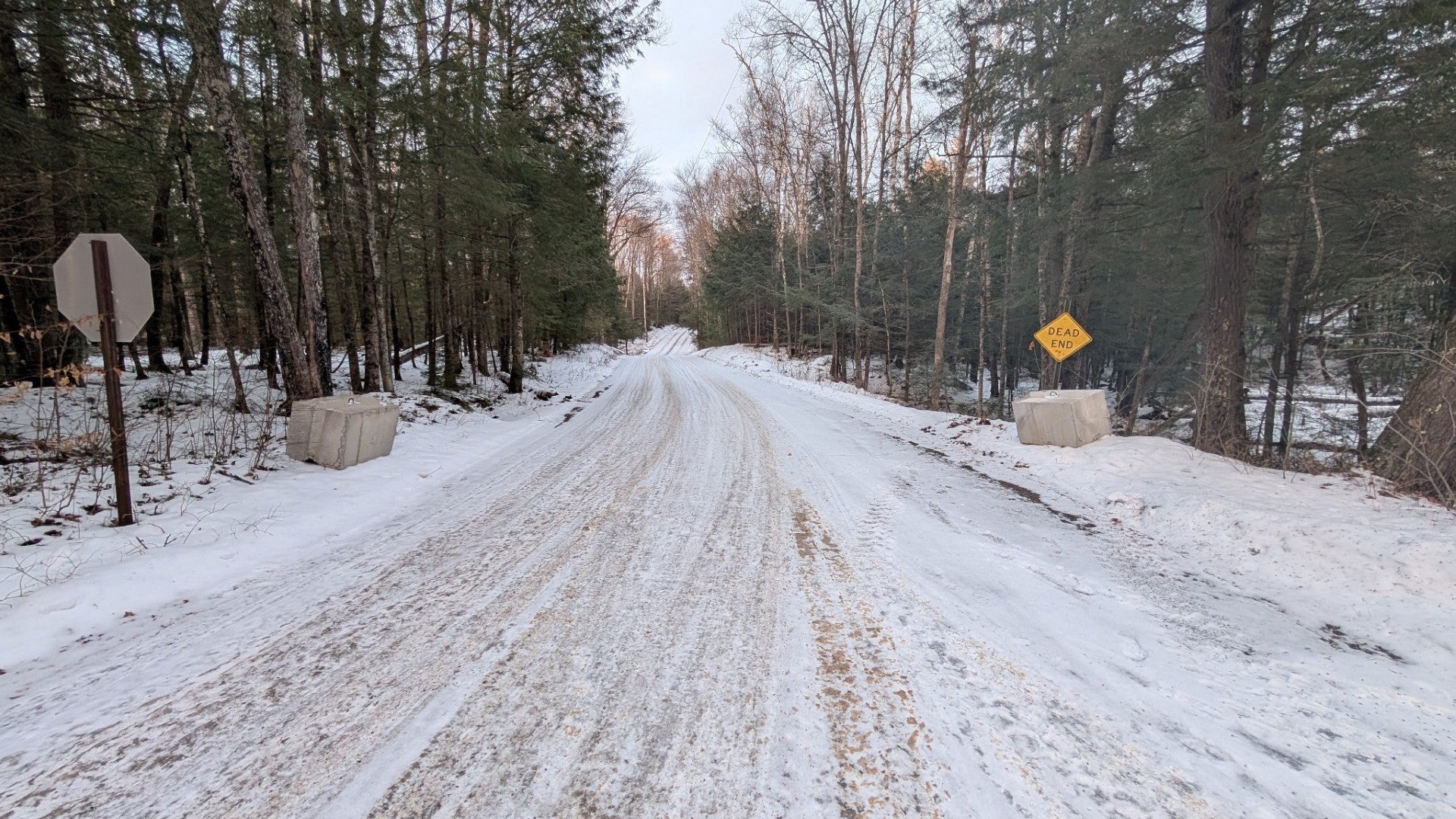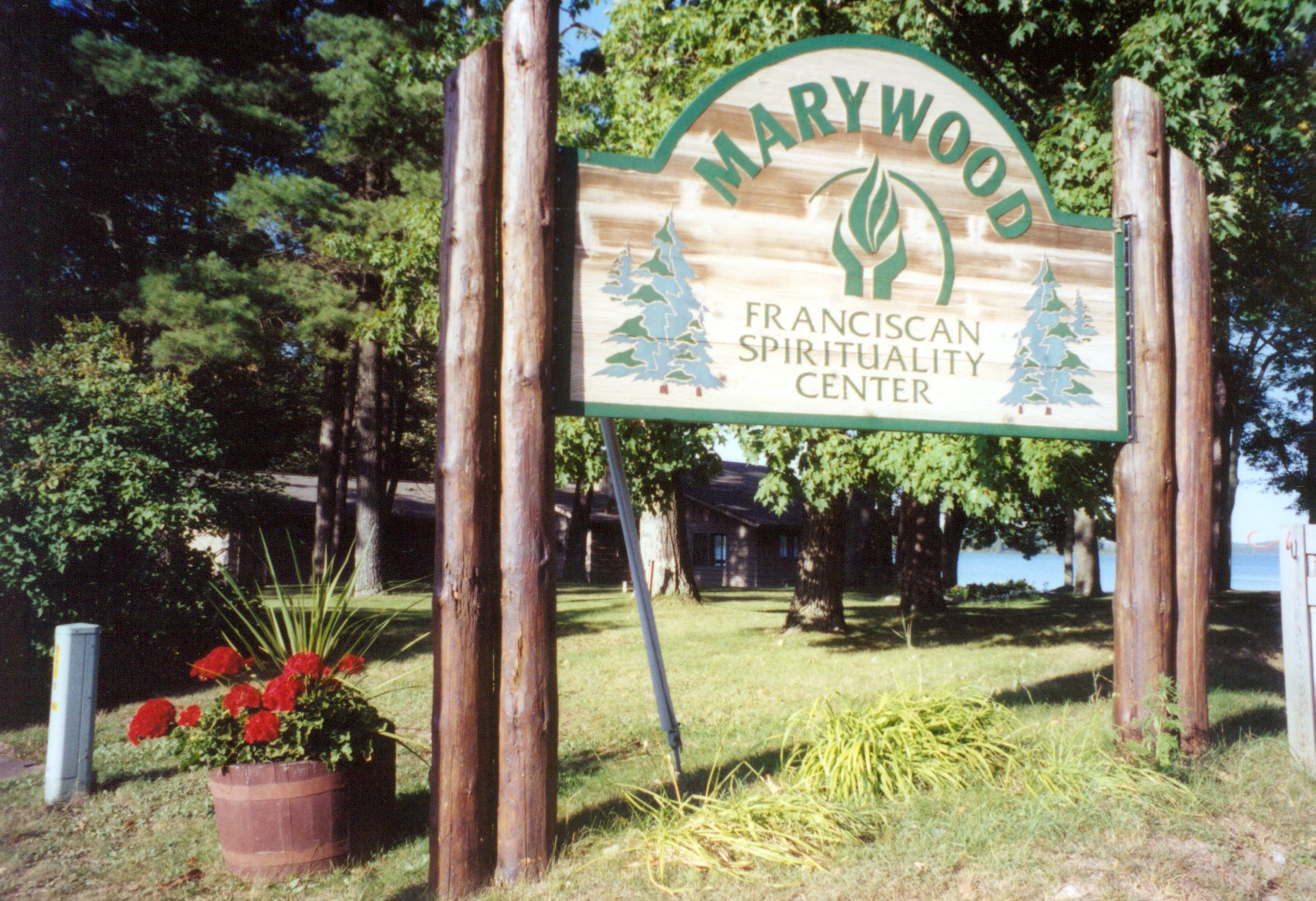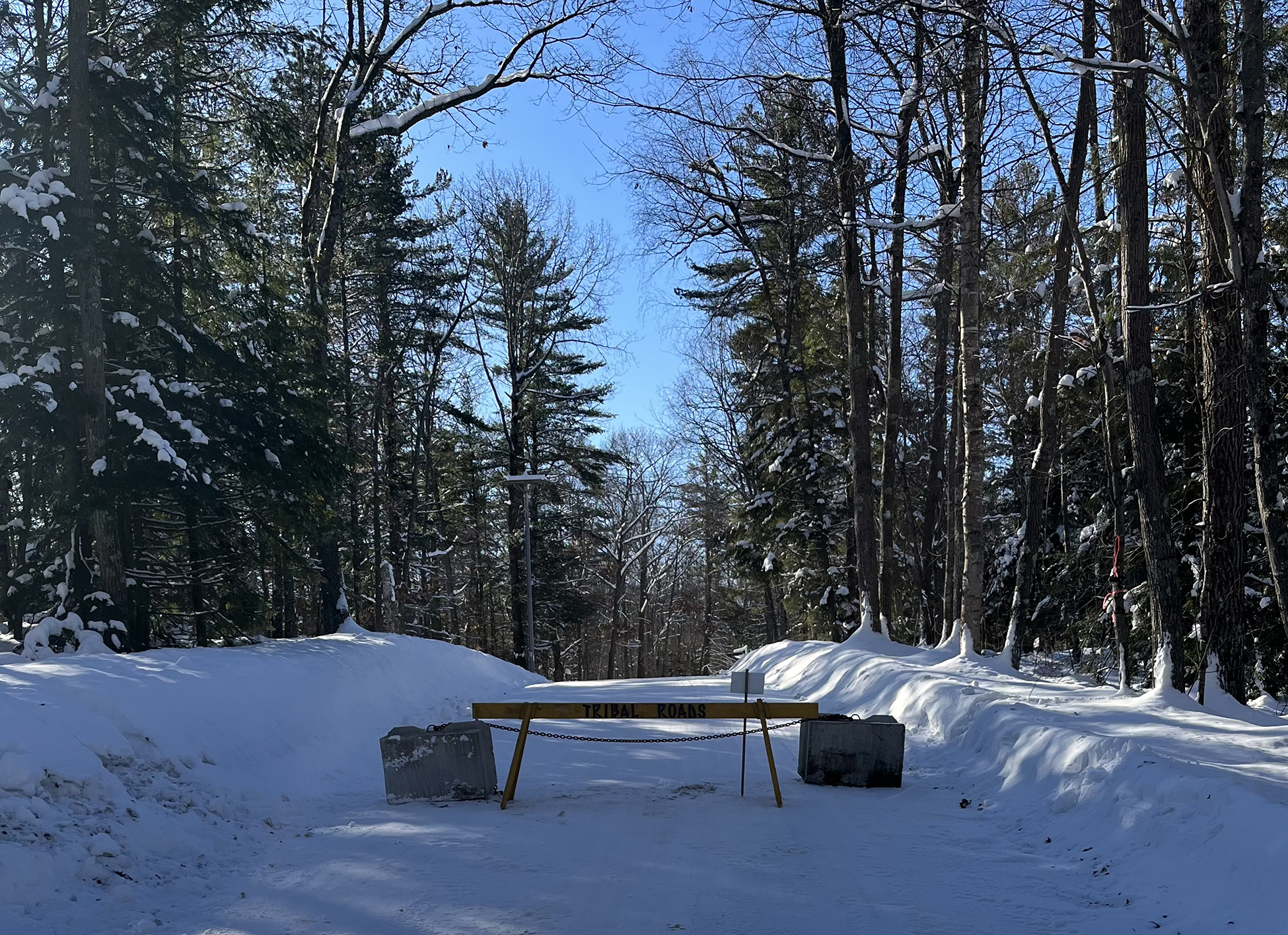After the tribal council voted Wednesday to keep disputed roads open, a federal judge has declined a request to bar the Lac du Flambeau Band of Lake Superior Chippewa from barricading roads on its reservation.
The decision comes after more than 70 homeowners and the town of Lac du Flambeau asked a federal court to prevent the roads from being barricaded amid a longstanding dispute between the town and tribe over access to four roads.
The judge issued an amended order that the federal government is not only barred from restricting access, but required to act immediately to prevent anyone from blocking the roads.
Before the hearing Wednesday, the tribal council met and voted to keep roads open “to ensure the safe delivery of services for all residents within our Reservation boundaries while continuing to enforce tribal law to ensure the protection of our Reservation.”
News with a little more humanity
WPR’s “Wisconsin Today” newsletter keeps you connected to the state you love without feeling overwhelmed. No paywall. No agenda. No corporate filter.
In January 2023, tribal officials placed barricades on four roads, blocking access to non-tribal properties with the reservation.
That move came after negotiations failed between the tribe, the town of Lac du Flambeau and title companies over expired easements on those roads that were never renewed. While the tribe reopened roads weeks later, the federal government has since sued the town on behalf of the tribe for trespassing.
Tribal leaders had been granting access in exchange for monthly payments that town leaders say they can no longer afford. In an Oct. 18 letter, Lac du Flambeau Tribal President John Johnson Sr. gave the town until Jan. 16 to pay outstanding fees or face “restricted access over the four roads.”
Homeowners on the disputed roads said the concrete barriers were returned to the roadsides as the deadline was approaching.
In a Wednesday hearing, attorneys for the federal government said the Lac du Flambeau Tribal Council voted to rescind the Jan. 16 deadline.
“Their intention is not to restrict access to the roads at this time,” U.S. Attorney Sam Gollis said. “They will further be removing the concrete blocks that had been placed on the roads.”
Last fall, U.S. District Judge William Conley issued an order that temporarily barred the federal government from limiting access to the roads, but he stopped short of including the tribe. The town’s attorney Frank Kowalkowski asked the judge Wednesday to expand his order to include the tribe, saying it’s unclear whether the Band may shift its position in the future.
“I would hate to have to put the homeowners in town through another situation of having imminent fear of the roads being blocked,” Kowalkowski said.
However, Conley said he was hesitant to do so.
“I don’t think there’s a necessity today to do that,” Conley said. “I do think you make a very good point that they should have reached that decision before putting barriers next to the road again and leaving it to the 11th hour to accept their obligation to keep those roads open.”
Conley said he expected the federal government to notify the court quickly if the tribe moves to block roads and take whatever steps are necessary to keep roads open until the case is resolved.

Bridget Hubing, an attorney for homeowners, asked the court to issue an order that barricades would be immediately removed if roads are blocked by the tribe or anyone else.
“My clients, the homeowners, live in constant fear that these barricades are going to be re-erected,” Hubing said. “It’s really hard for them to live day-by-day knowing that this could happen and that it could take quite a while to get them removed.”
Conley said he wasn’t inclined to include that in the order, saying he’s made his expectations clear. He added that the town should have acted much sooner to notify the court that the roads may be blocked.
In a statement, Johnson said he’s disappointed the town board sought court intervention rather than working out a “reasonable solution” with the tribe. He added that town leaders are not complying with a tribal resolution that requires payments to access the four roads, noting the town’s last payment was in September.
“It is unfortunate they continue to spend money on expensive Milwaukee Attorneys rather than a reasonable equitable solution with the Tribe,” Johnson said. “Our priority is the well-being and safety of everyone in our community. Tribal Council’s decision was rooted in upholding the dignity of our Tribal Members, and upholding our rights as a sovereign nation to protect our treaty-defined permanent homeland.”
The tribe said it remains committed to finding a solution to the dispute. At a town meeting Wednesday, Town Board Chair Matt Gaulke said the board has directed the town’s attorney to pursue a meeting with the Department of Justice in February.
Lac du Flambeau homeowner Dave Miess said he’s pleased the tribe decided to keep roads open and remove the barricades. He said he and his wife had been stocking up on food and supplies in case the roads were closed.
“We can’t believe it’s been two years already that we’ve been kind of living under this,” Miess said. “When I saw the barricades or the concrete blocks being put on either side of the road we use last week, it was very visceral to me. It was like, ‘Oh, here we go again.’”
Miess said homeowners are caught in the middle of the dispute, adding the value of his home has declined 75 percent since the barricades were first erected.
“We just want it fixed and be able to get to our houses and have our houses go back to the value that they were worth before all of this,” Miess said.
The feud over access to roads has resulted in multiple lawsuits. The town of Lac du Flambeau and homeowners have also filed separate federal lawsuits against the Bureau of Indian Affairs.
The tribe first sought $20 million in damages for what it said was trespassing by the town. Since then, tribal leaders have asked for roughly half that amount, and they want to grant annual leases in exchange for a fee equal to 1.5 percent of the fair market value of homes along the four roads.
Homeowners have said the federal government is responsible for resolving the dispute since past federal policies like the Dawes Act broke up reservation lands, resulting in them falling out of tribal ownership.
The town has paid at least $600,000 to the tribe to maintain access along the four roads.
Wisconsin Public Radio, © Copyright 2025, Board of Regents of the University of Wisconsin System and Wisconsin Educational Communications Board.





